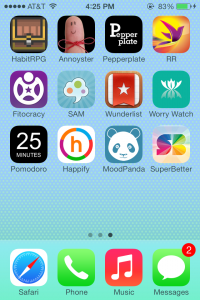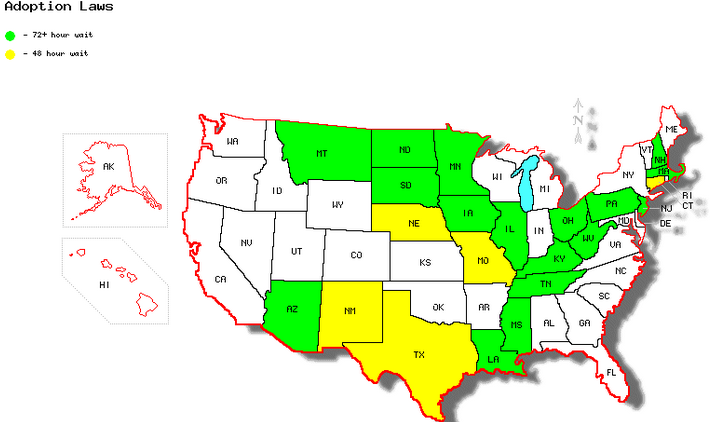 This should work if you’ve read canon Harry Potter or Harry Potter and the Methods of Rationality, and is some blending of the two. You can probably make sense of it with one or the other, but let me not fail to remind you that Methods is here and you should read it.
This should work if you’ve read canon Harry Potter or Harry Potter and the Methods of Rationality, and is some blending of the two. You can probably make sense of it with one or the other, but let me not fail to remind you that Methods is here and you should read it.
Psychology for Gryffindors
If we conduct good research—that is, research that uses large sample sizes and ethical methods and avoids statistical handwavery, we are doing it properly, and we will be able to improve the world. The scientific method is a self-correcting mechanism, and we can rely on it to give us correct answers about the world. (Ignoring this bit and such.)
Psychology for Ravenclaws
If we conduct careful research—we can learn new things about minds and people and model them better. We can figure out where our brains fail and how and why and who doesn’t fit into those models. Brains are cool, and technology is advancing, and we can know more. Of course, it’s not entirely certain how to conduct this research best, and methods and methodology are complicated, so we need to do investigation of that as well. (ManyLabs is your friend.)
Psychology for Slytherins
If we conduct targeted research, we can model people and groups better, and get them to make different choices. We can sell them products we wish to see and prevent them from developing common mental illnesses and make them avoid things like smoking and unhealthy foods, except when we want them to choose those things, in which case, we’ll be very good at making them ignore all other impulses.
I was trying to think of a way to make Asch’s conformity experiment more humanly significant. I was dissatisfied that the test of conformity was about lines. I wondered whether groups could pressure a person into an act whose human import was more readily apparent, perhaps by behaving aggressively to another person, say by administering increasingly severe shocks to him.
[…]
The first thing to realize is that there are no easy solutions. In order to have civilization, you must have some degree of authority. Once that authority is established, it doesn’t matter much whether the system is called a democracy or a dictatorship; the common man responds to governmental policies with obedience, whether in Nazi Germany or democratic America.
[Stanley Milgram, as interviewed by Carol Tavris]
See also: Phillip Zimbardo. (And the Ravenclaws respond.)
Psychology for Hufflepuffs
You can use research to help people! There’s so much information out there about what works and what doesn’t, and it’s waiting around to improve lives. Mental illness is stigmatized and can be hard and lonely and nobody should have to go alone. Psychology gives us the tools to improve our world.
In striking contrast to the enormous corpus of psychological research concerning the impact of biases and heuristics on human judgment is the paucity of psychological research on debiasing (Arkes, 1991; Larrick, 2004). It seems fair to say that psychologists have made far more progress in cataloguing cognitive biases (see Krueger & Funder’s, 2004, list of 42 such biases) than in finding ways to correct or prevent them.
[…]
If one accepts the dual propositions that ideological extremism is a significant contributor to inter- and intragroup conflict and human suffering and that confirmation bias and its cognitive cousins (naive realism, bias blind spot, false consensus effect, insider perspective) are significant contributors to ideological extremism, the central research question becomes: ‘‘Can scientific psychology promote human welfare by debiasing the general public?’’
[Lilienfeld et al, 2009, Give Debiasing Away]
And just because, psychology for cynics
We are hampered by many factors, but perhaps the most annoying has been the existence of ‘‘pop psych,’’ a massive amalgam of pseudo-expertise that has shadowed the legitimate field for more than a century (Benjamin, 1986). The public has no way of distinguishing empirically based findings from the ramblings of self-proclaimed experts, and there is no easy solution to this problem. One sad result is the ever wavering and often negative image that people have of both clinicians and behavioral scientists. In its early years, Psychology Today may have been the best corrective the field ever had for all the pop psychology; in its current form, the magazine is probably harming psychology’s name more than helping it.
[Epstein, Giving Psychology Away: A Personal Journey]





